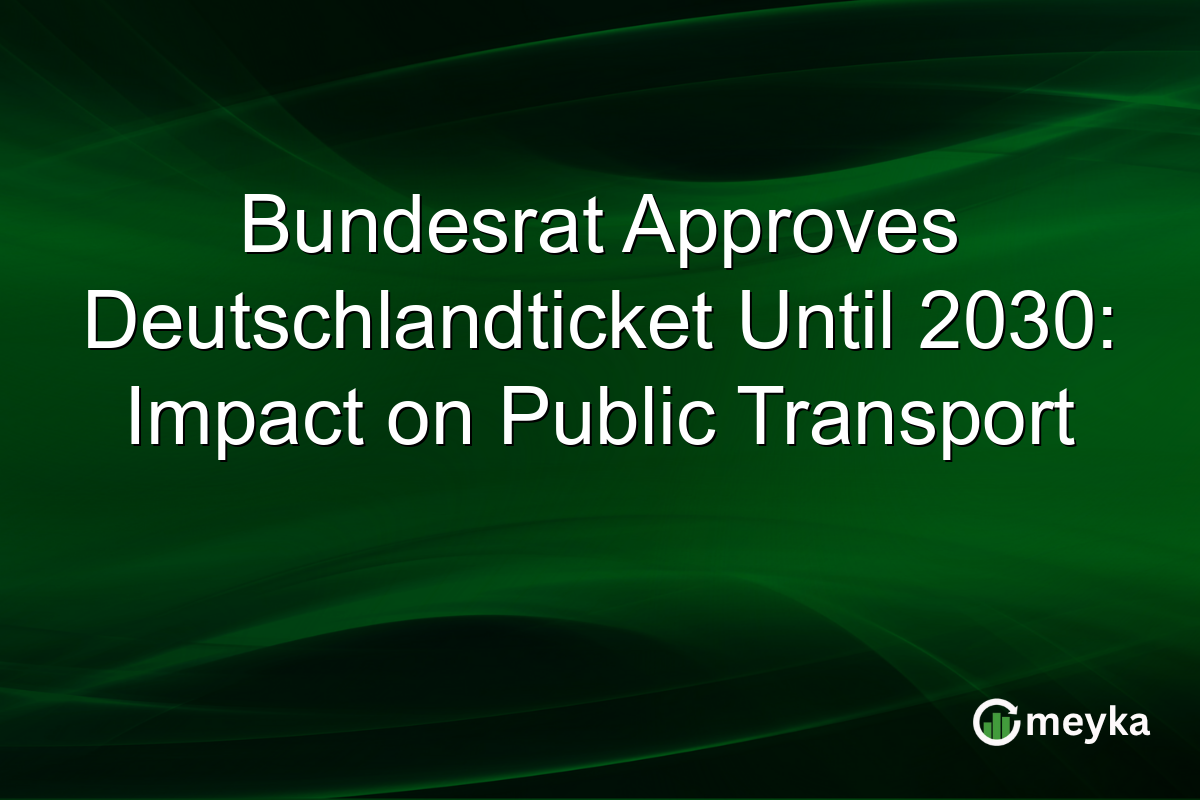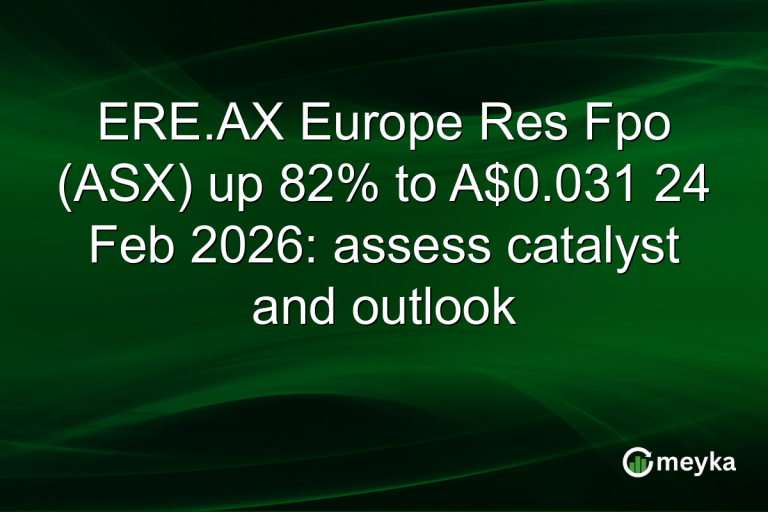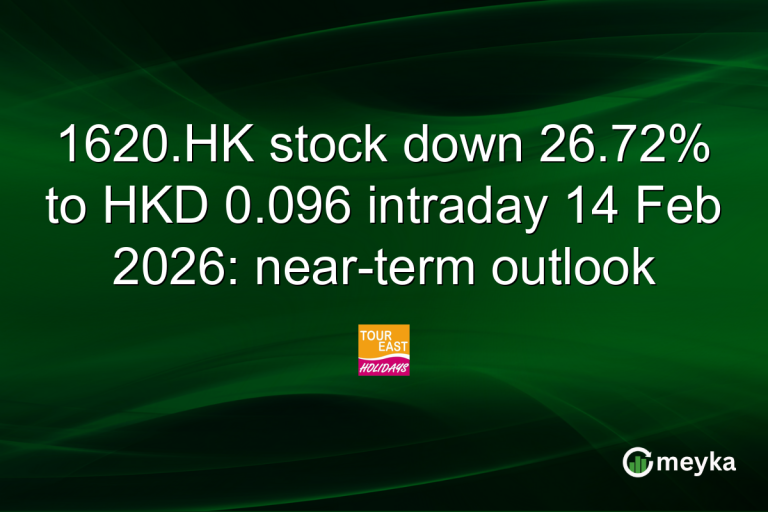Bundesrat Approves Deutschlandticket Until 2030: Impact on Public Transport
In a pivotal move, the Bundesrat has approved an extension of the Deutschlandticket until 2030, offering stable financial support for public transportation across Germany. This long-term funding commitment aims to alleviate current financial pressures while paving the way for sustainable transport solutions. With increased subsidies, the Deutschlandticket is not only a financial backbone but a symbol of Germany’s dedication to efficient and eco-friendly travel solutions.
Continue Reading on Meyka
This article is available in full on our main platform. Get access to complete analysis, stock insights, and more.
Read Full Article →





